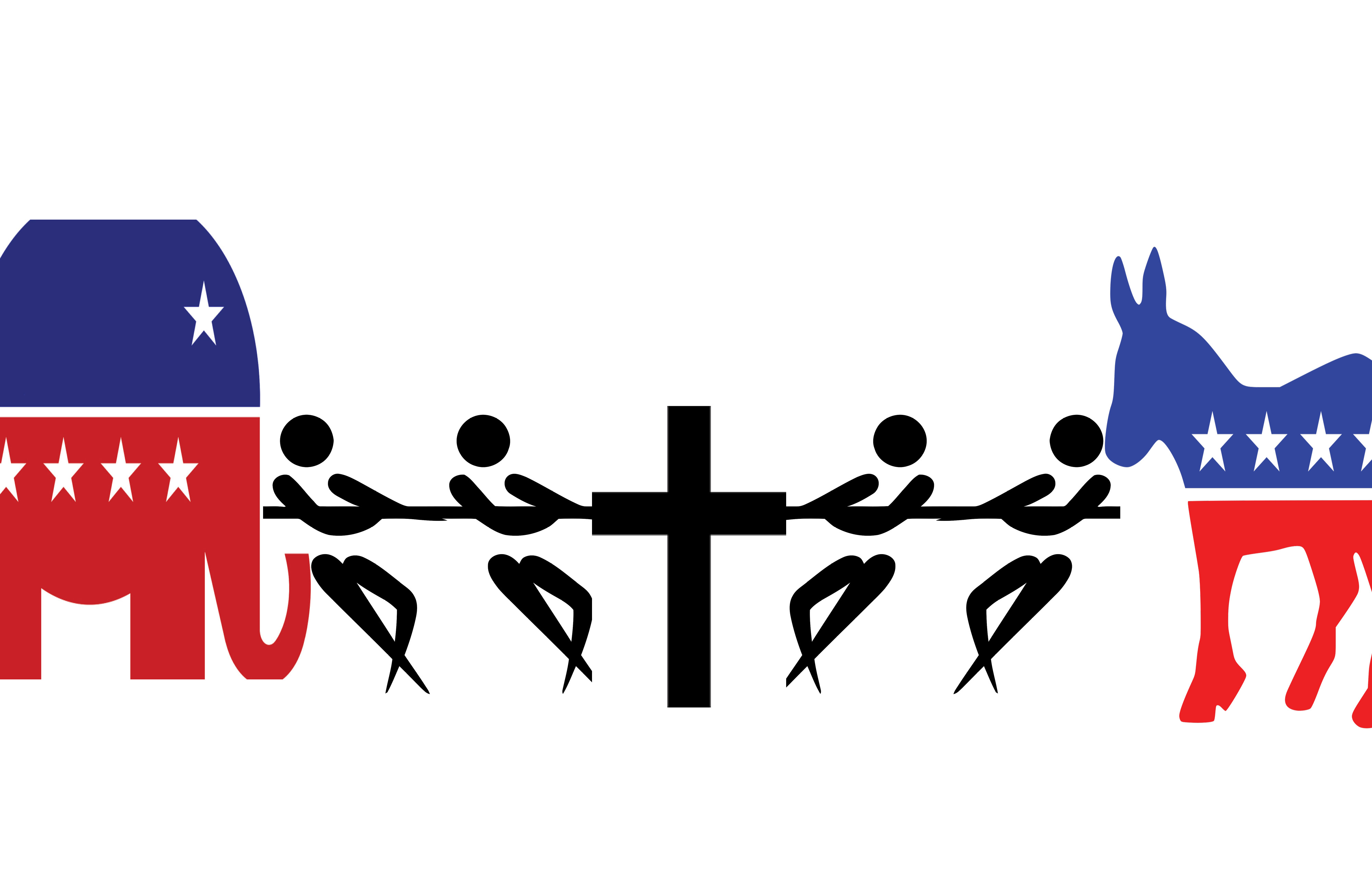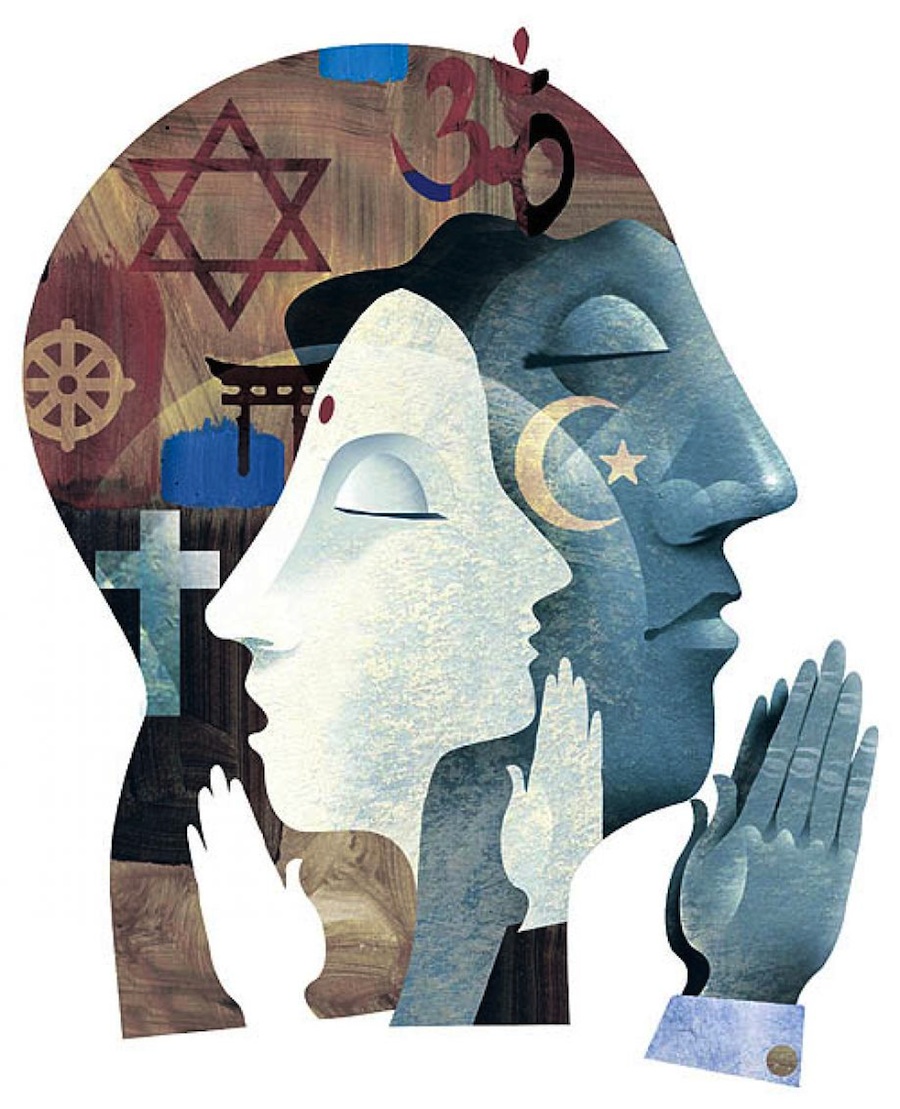The general conversation about religion and politics is how much they should intertwine. The conversation isn’t usually about how similar the two are. They both have very personal aspects, but more importantly they are both systematic things in American society. They both have the power to bring large groups of people together and have a lot of influence. They even have the power to break groups apart and create us-vs-them mentalities. Politics and religion are integral to what America is, whether we like it or not.

An article by the Atlantic elaborates on this idea. It starts out with a fairly common notion that the amount of non-religious Americans is growing. The article cites a study saying that Atheists, Agnostic, and non-affiliated take up about 25% of the population. My last post discussed people’s ideas of changing statistics and whether people think it is a good or bad thing. That is a valid discussion to have, but it doesn’t change that it is happening. So that begs the question: What happens next?
If you are Noah Feldman, a Harvard law professor who studies the interactions between religion and politics, the answer to that question is war. Feldman explains how both concepts are a “technology,” or a way of controlling people. This statement seems generally correct, but he doesn’t really support that statement. He basically goes on to say that this war was caused by 9/11, and therefore Islam. Feldman explains that even though Islam and Democracy are concepts that might mean different things for different people, most believe that they cannot exist together. He says, “within the sphere of people who have that view, and it’s a large number of people in the Muslim world who disagree with bin Laden in his application, but agree that Islam is the answer.” He says this war is inevitable, and states that Americans are most likely to react with fear and/or generalization.

I feel like Feldman had some interesting things to say, but it was honestly one of the worst TED Talks I’ve ever seen. He came off as a bit Islamophobic to me, which surprised me coming from TED, not to mention a Hardvard educator. It is difficult for me to have an analytical response to his ideas, but I do think he has a point with religion and politics being a “technology.”
I think the Atlantic article explained this in a clearer, less Islamophobic, way. In a way, religion and politics are a technology, but they aren’t technologies purely to control people. They are systems that bring people together or separate people. In other words, they create identity. The article claims that humans need some “ultimate loyalty” to survive. The article explains that during the Obama presidency, politics were fairly tame, especially compared to the Middle East. As Trump’s era began, politics became more polarized and fragmented. This threatened the concept of American identity. We moved from a period of general agreement of ideals to two sides claiming they are following true American ideals. It notes how “un-American” is used quite often by many groups in America, but not many countries have something like that. The author relates it to the concept of heresy.

That brings us to the article’s next point. Religion in America works the same way. Though never officially a religious country, faith has been an integral part of what is considered American. As citizens shift from a general agreement of faith to a wider variety of belief (or lack thereof) the same polarization will happen. The conversation becomes an argument of who is being American the “right” way. This article highlights that without these uniting ideas, we don’t have anything to fall back on. It does just leave the conversation there though. It also notes that when Americans have an overarching idea of identity, that often leads to nationalistic feelings. I think this is a really interesting, and sort of depressing, thing to bring up. It seems like no matter what, there is always an idea of this “other” that is doing something wrong.
It amazes me that an article and a TED Talk with such a similar thesis handle their presentation of ideas in such different ways. This is one of those topics where I can just think about it and not really come to any sort of conclusion. It feels like such a new situation and has so much deep-rooted history behind it that it feels too complex to address.
https://www.theatlantic.com/magazine/archive/2021/04/america-politics-religion/618072/


